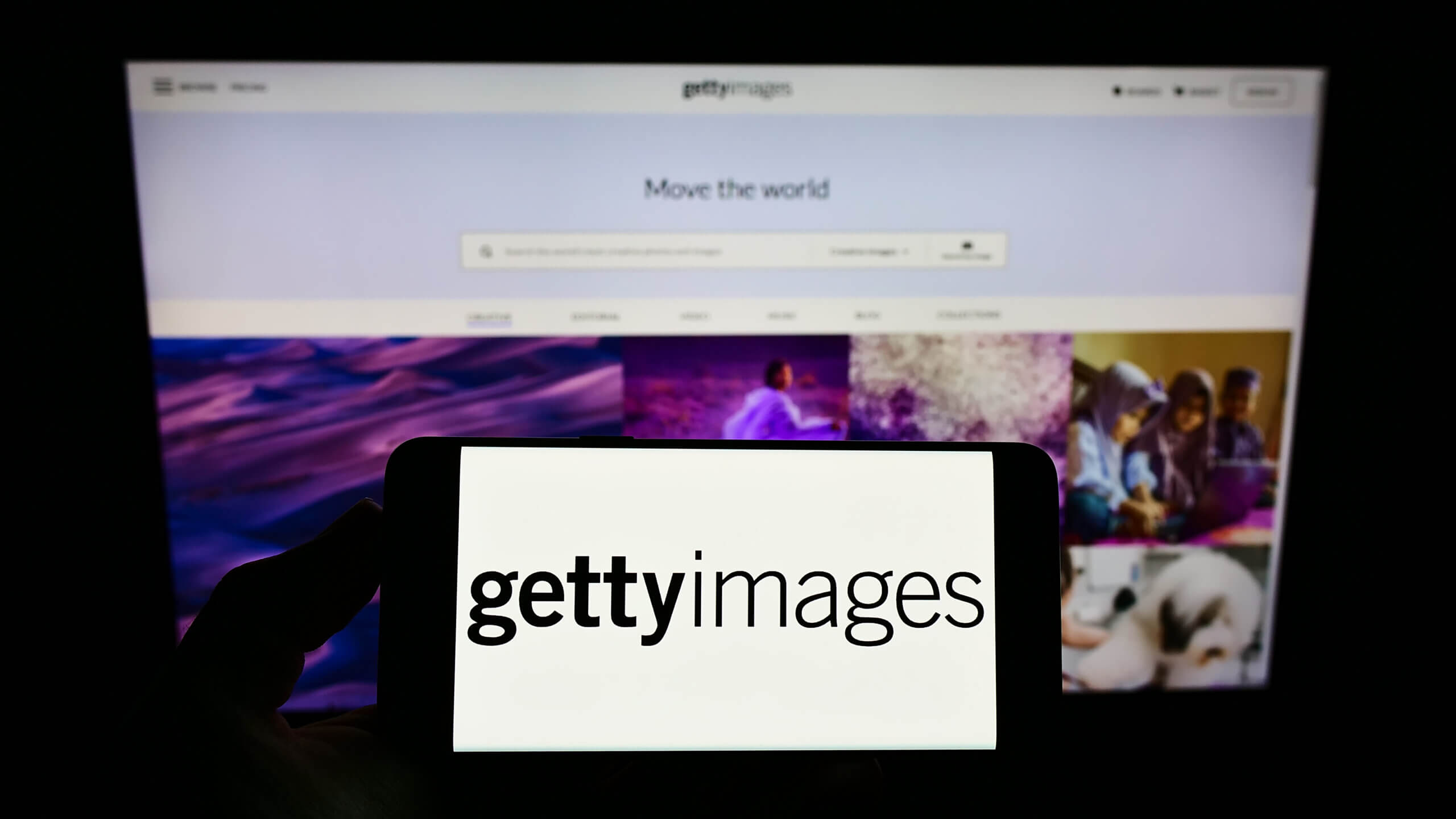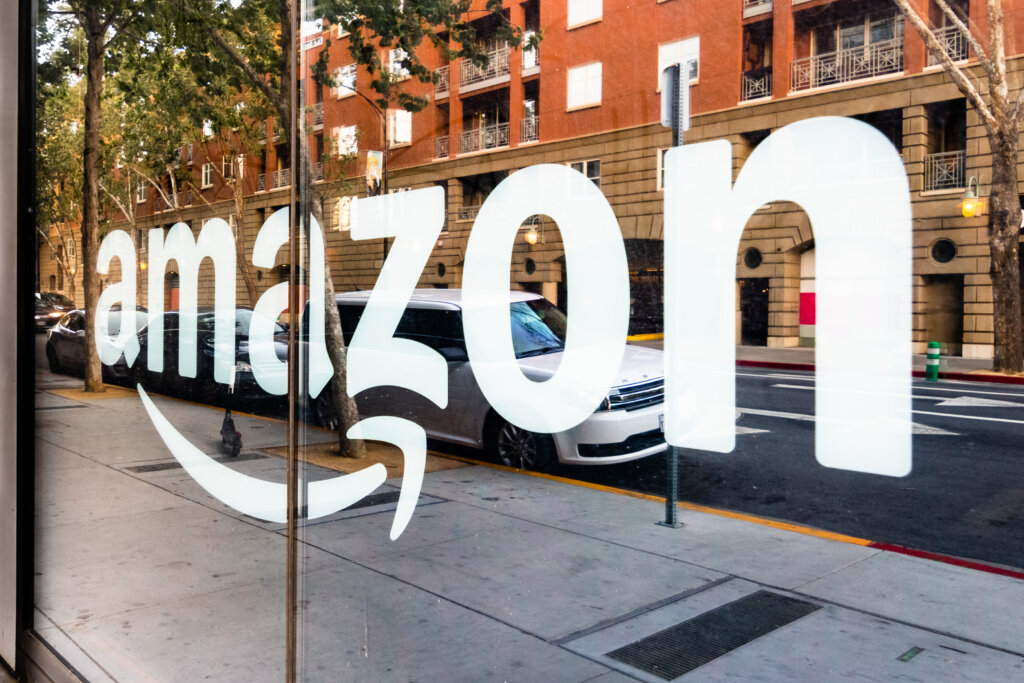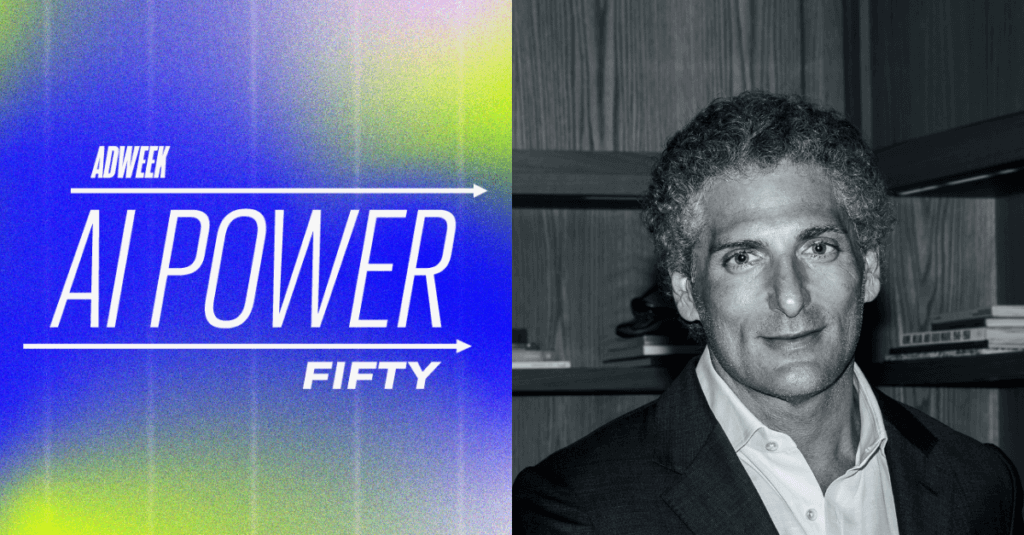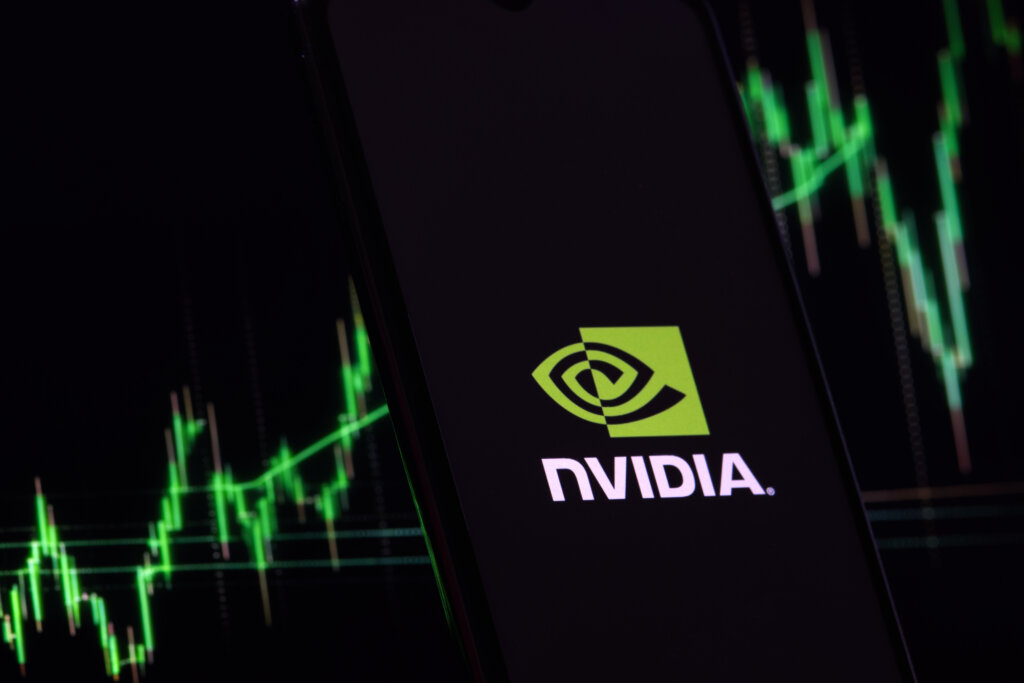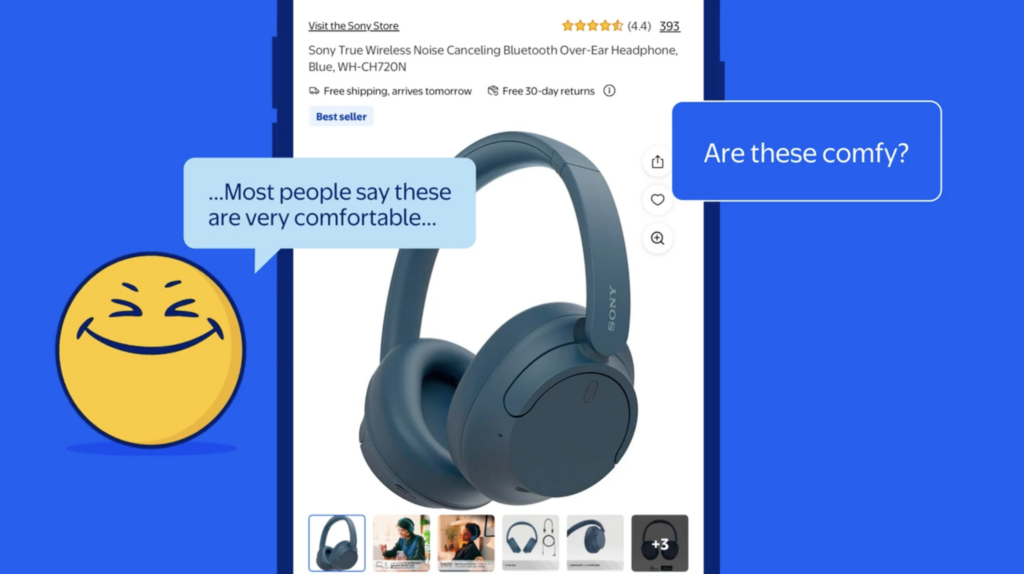As the dust settles from two major U.S. rulings—Bartz v. Anthropic, which affirmed that training LLMs on lawfully acquired books is protected by fair use, and Kadrey v. Meta, which dismissed claims over pirated training data on procedural grounds—the legal spotlight is shifting across the Atlantic. In the UK, Getty v. Stability AI offers a parallel but distinct lens: rather than focusing on text, this case centers on the use of proprietary images to train diffusion models. And while Getty recently withdrew its primary copyright claim due to jurisdictional limitations, the litigation continues. What remains may prove just as critical in shaping how AI systems handle content ownership, cross-border accountability, and downstream liability in a post-Bartz world.
When Getty Images filed suit against Stability AI in early 2023, many saw it as one of the most promising legal challenges to generative AI’s reliance on unlicensed training data. Getty alleged that Stability had trained its model, Stable Diffusion, on over 12 million Getty-owned images, without consent and without compensation.
But in late June 2025, Getty quietly withdrew its central copyright infringement claim from the UK case. Not because the claim lacked merit but because jurisdictional complexity made it nearly impossible to prove in British court. Stability trained its model using servers in the United States, and that fact alone took the wind out of the legal sails.
Still, the case is far from over. What remains could be just as consequential for how generative AI models are built, distributed, and held accountable across borders.
Why Getty’s Withdrawal of the Central Copyright Claim Doesn’t Signal Defeat
At first glance, Getty stepping back from its central copyright claim might seem like a loss. But the real takeaway is this:
✅ Jurisdiction matters: Even clear-cut infringement claims can evaporate if the server isn’t on the right continent. This won’t be the last time we see multinational AI companies use jurisdiction as a shield.
✅ Litigation is adapting: Rather than pursuing narrow copyright wins, rights holders are testing alternative frameworks such as database rights, trademarks, and unfair competition law. It’s a broader, more flexible legal toolkit.
✅ The regulatory landscape is shifting too: The UK government is actively reviewing copyright reforms in light of generative AI. Working groups are underway. Industry and policy are converging. This case is part of that ecosystem-wide recalibration.
What’s Still Under Review
Getty’s revised UK case now focuses on:
- Secondary copyright infringement: Whether distributing or enabling the generation of AI outputs based on infringing training data constitutes indirect violation.
- Trademark misuse: Getty’s watermark allegedly appears in Stable Diffusion outputs, raising issues of false association and brand dilution.
- Database rights: Unique to EU and UK law, this claim argues that Getty’s curated image collections have their own legal protection beyond individual copyright.
In short, the case is moving downstream—from the model’s training phase to its deployment and outputs. And that shift reflects an evolving legal strategy: if it’s too hard to litigate the ingestion of data, focus instead on what the model produces and how it’s used.
What This Means for the Future of AI Content Rights
If you’re a platform, publisher, or brand that produces high-volume content – particularly visual content — this case is a harbinger of what’s next.
- Watermarks aren’t just brand tools—they’re legal evidence: If your watermark shows up in a model output, that may form the basis of future litigation. That’s no longer a hypothetical scenario.
- Database rights might matter more than copyright: In Europe and the UK, curated content collections may be protected as datasets. This opens new routes for enforcing ownership, even if copyright claims fall short.
- Licensing will become the default, not the exception: The Stability AI–Getty showdown underscores the need for negotiated access. Just as Shutterstock and Stack Overflow have pursued licensing partnerships, more publishers will likely move in that direction to avoid litigation and monetize training rights.
What Marketers and Content Strategists Should Do Now
Even if you’re not planning to sue an AI company tomorrow, Getty’s case signals a broader shift in how value, control, and ownership are enforced in the generative ecosystem.
✅ Review your content licensing terms: Ensure you’re specifying what uses are allowed—and whether AI training is included or explicitly excluded.
✅ Align technical controls with legal posture: Make sure your robots.txt and llms.txt files reflect your actual position. If you don’t want your content in model training datasets, say so clearly and enforce it.
✅ Audit for watermark misuse or derivative outputs: If you produce high-value image, video, or brand assets, monitor LLMs and diffusion models to understand how your content may be surfacing—intentionally or not.
✅ Stay ahead of jurisdictional blind spots: If you’re a global brand, be aware of where and how AI companies are scraping and storing your data. Cloud infrastructure and international law increasingly intersect.
Bottom Line
Getty’s UK lawsuit may have lost its headline claim but it hasn’t lost its teeth. If anything, it signals how copyright enforcement around AI is evolving: more flexible, more global, and more focused on deployment, not just ingestion.
As with the Bartz class action, we’re entering a new phase of AI accountability that goes beyond “is it fair use?” and starts asking “who gave permission, where did the data come from, and what are the consequences if none of that is clear?”
The future of AI isn’t just about how models are trained—it’s about how they’re governed.
Want to know how these shifts could affect your content, brand assets, or licensing strategy? Talk to our experts.
Optimize Your Brand’s Visibility in AI Search
Millions turn to AI platforms daily to discover and decide. Make sure they find your brand.

